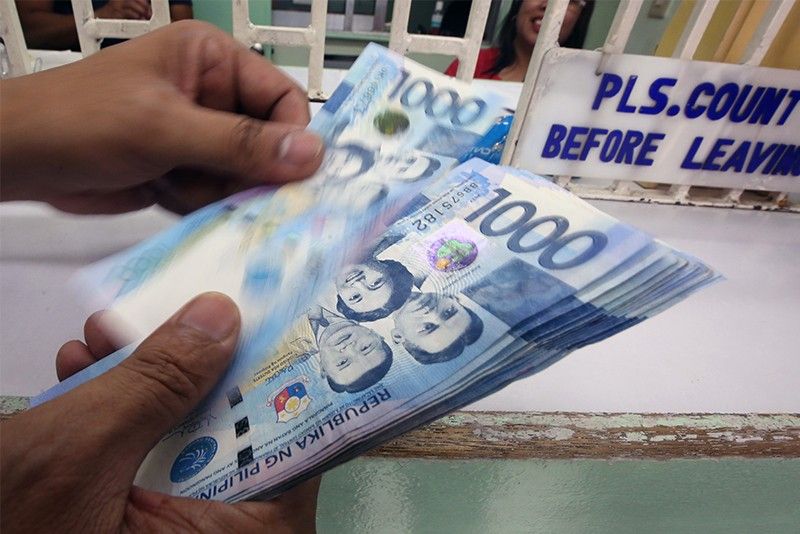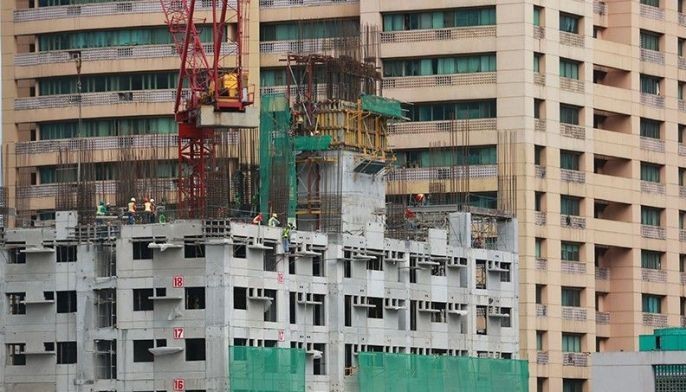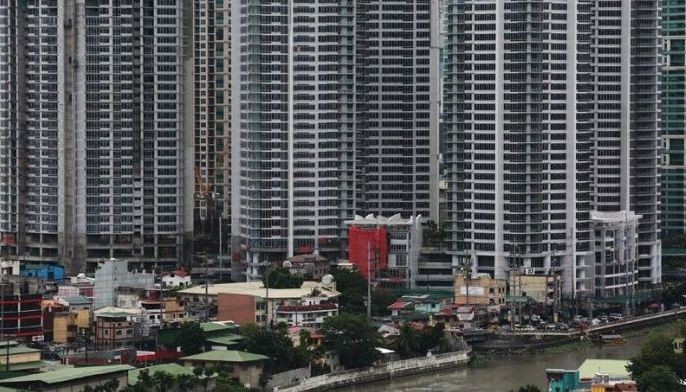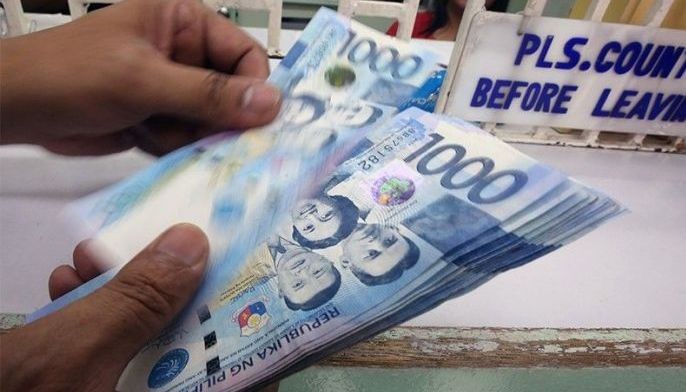Fitch unit: Philippines likely to underspend 2019 national budget

MANILA, Philippines — The Philippines is likely to underspend its budget in 2019, although the fiscal deficit is expected to settle near the government’s budget cap due to slower-than-expected revenue growth, a Fitch Group unit reported Tuesday.
Meanwhile, Fitch also warned that the Philippine economy might be overheating due to loose fiscal and monetary policies.
The Duterte administration has been pushing for a wider budget gap to accommodate heightened infrastructure spending, particularly on big-ticket projects in its ambitious “Build, Build, Build” program.
In a report sent to reporters, Fitch Solutions Macro Research said the country’s budget deficit as a share of gross domestic product is expected to come in at 2.9 percent in 2019, unchanged from its 2018 estimate.
The Philippine government’s fiscal deficit program was set at 3 percent of GDP in 2018, 3.2 percent for this year, and 3 percent in 2020 until 2022.
“The government had proposed a budget of [P3.757 trillion] for 2019, and while we expect the spending to fall short of official targets in nominal terms, the deficit as a share of GDP will likely come close to the government’s target of 3.0 percent due to subpar revenue growth,” Fitch Solutions said.
“We believe that there is no imminent threat to macroeconomic stability from the government’s wider fiscal shortfall in the near-term, but note that the Philippine economy appears to be overheating, and downside risks are increasing,” it added.
In the first 11 months of 2018, the government’s budget balance swung to a P477.2 billion deficit, 96 percent higher than P243.5 billion shortfall registered in the comparable period in 2017 and equivalent to 91 percent of the P523.7 billion full-year cap for 2018.
Last month, global debt watcher Fitch Ratings — a separate division within the Fitch Group — kept the Philippines investment-grade rating, but flagged that overheating risks “remain in place” amid rapid credit growth and a widening current account deficit.
In its periodic assessment of the Philippines, the International Monetary Fund last year said the Philippine government should keep the fiscal deficit at 2.4 percent of GDP in 2018 and 2.5 percent in 2019.
Keeping a neutral fiscal stance would “support pro-growth infrastructure investment without overburdening monetary policy, limit overheating risks and help preserve buffer against unexpected adverse shocks,” the IMF said. But the country's economic managers rejected the fund's proposal, saying the state needs to ramp up infrastructure spending "to make up for past neglect.”
In the same report, Fitch Solutions said interest rates "remain very accommodative" in the Philippines despite the central bank’s back-to-back rate hikes last year to fight inflation. The trade deficit, meanwhile, remains on a widening trajectory, it added.
“Downside risks to macroeconomic stability are rising as a result of loose fiscal and monetary policies, although the Philippines remains on good standing for now,” Fitch Solutions said.
- Latest
- Trending































